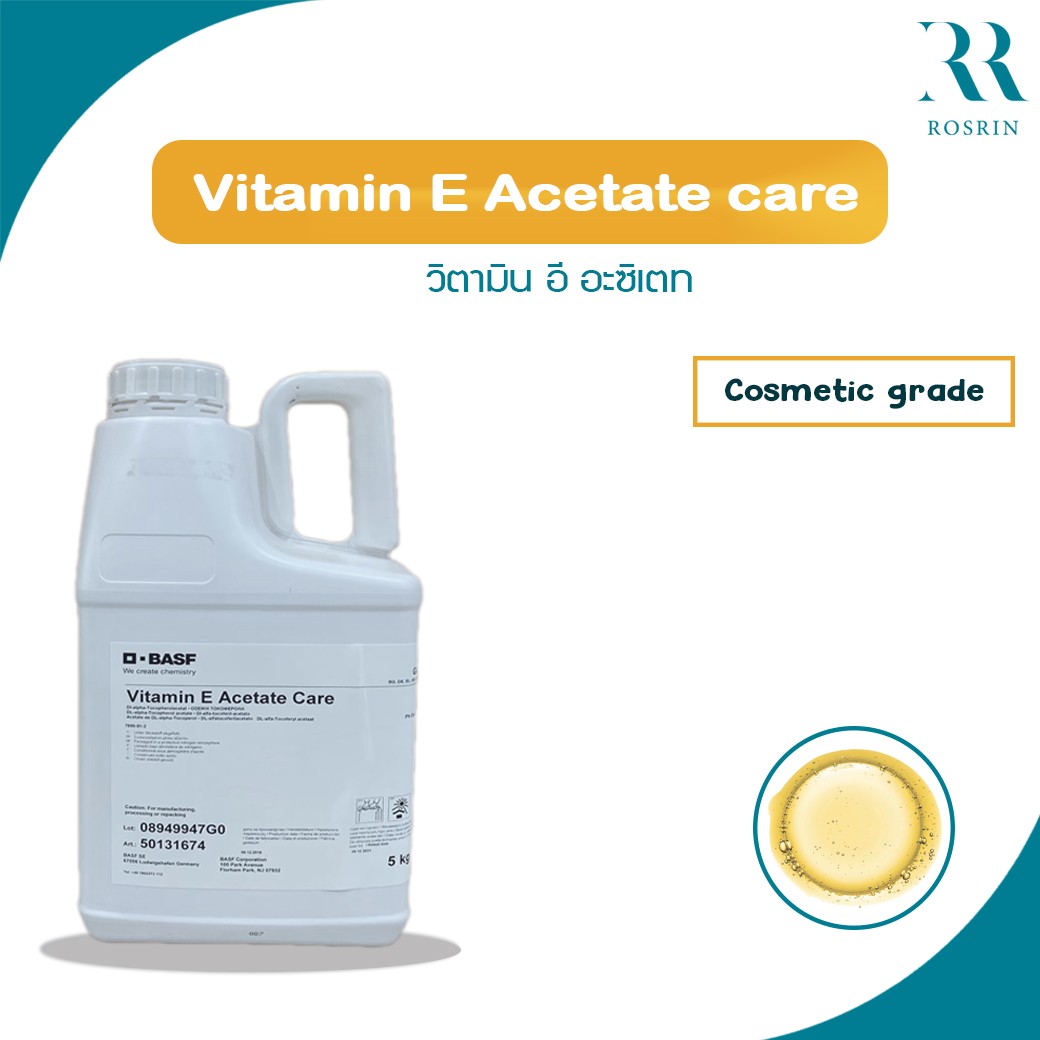How To Know If A Cart Has Vitamin E Acetate

Imagine a crisp autumn evening, the air thick with the smell of burning leaves. Friends gather, laughter echoes, and the mood is light. Someone pulls out a vape pen, its glowing tip promising relaxation and connection. But beneath that inviting façade lurks an invisible threat, a silent danger that has cast a long shadow over the vaping community: Vitamin E Acetate.
This article will equip you with the knowledge to understand the risks associated with vaping, particularly the dangers of Vitamin E Acetate. It will delve into what it is, why it's harmful, and most importantly, how to recognize potential signs of its presence in vape cartridges, empowering you to make informed decisions and safeguard your health.
The Rise and Fall of Vitamin E Acetate in Vaping
The vaping industry, initially touted as a safer alternative to traditional smoking, experienced a boom in the 2010s. As the market expanded, so did the variety of products, including cannabis-derived vape cartridges.
However, this rapid growth also opened the door to unscrupulous practices. To cut costs and thicken vape liquids, some manufacturers began adding Vitamin E Acetate, a viscous oil.
This substance, harmless when applied to the skin or ingested in small amounts, proved disastrous when inhaled. The consequences were severe, leading to a nationwide outbreak of vaping-related lung injuries, known as EVALI (E-cigarette, or Vaping, product use Associated Lung Injury).
The EVALI Crisis: A Public Health Emergency
In 2019, reports of severe respiratory illnesses linked to vaping began to surface across the United States. Patients presented with symptoms like shortness of breath, chest pain, cough, and fatigue.
The Centers for Disease Control and Prevention (CDC) launched an investigation, and the findings pointed overwhelmingly to Vitamin E Acetate as the primary culprit.
The CDC reported thousands of EVALI cases and dozens of deaths, highlighting the urgent need for awareness and preventative measures. The crisis shook public confidence in the vaping industry and spurred calls for stricter regulations.
Understanding Vitamin E Acetate: A Microscopic Threat
Vitamin E Acetate is a synthetic form of vitamin E, an oil commonly found in skincare products and dietary supplements. While safe for topical use or ingestion in controlled quantities, it behaves very differently when heated and inhaled.
When vaporized, Vitamin E Acetate can solidify upon cooling in the lungs, interfering with normal lung function. This disruption can lead to inflammation, tissue damage, and the severe respiratory distress characteristic of EVALI.
The danger lies in its ability to coat the alveoli, the tiny air sacs in the lungs responsible for oxygen exchange. This coating impairs the lungs' ability to absorb oxygen and release carbon dioxide, leading to potentially life-threatening complications.
Identifying Potential Signs of Vitamin E Acetate in Vape Cartridges
Unfortunately, there isn't a foolproof way for consumers to definitively identify Vitamin E Acetate in a vape cartridge simply by looking at it or smelling it. Testing in a laboratory is the only conclusive method.
However, there are certain red flags and precautions you can take to minimize your risk.
Visual Inspection and Consistency
Pay close attention to the oil's viscosity. Vitamin E Acetate is a thick oil. If the oil in your cartridge appears unusually thick or slow-moving, especially at room temperature, it could be a cause for concern.
Look for unusual cloudiness or separation within the oil. Pure cannabis oil should have a relatively consistent appearance.
However, visual inspection alone is not reliable, as some manufacturers may use other thickening agents or manipulate the appearance of the oil.
Source and Brand Reputation
Purchase vape cartridges only from licensed and reputable sources. Avoid buying from unverified vendors, pop-up shops, or individuals, as these sources are more likely to sell counterfeit or adulterated products.
Research the brand and look for third-party lab testing results. Reputable manufacturers will often provide certificates of analysis (COAs) that verify the contents and purity of their products. Check the COA for any mention of Vitamin E Acetate or other potentially harmful substances.
Be wary of cartridges that are significantly cheaper than comparable products. Extremely low prices can be a sign that corners have been cut, potentially involving the use of cheaper, unverified ingredients like Vitamin E Acetate.
Unusual Taste or Smell
Pay attention to the taste and smell of the vapor. If you detect any unusual or chemical-like odors or flavors, discontinue use immediately. A burnt or metallic taste could also indicate issues with the cartridge or the presence of contaminants.
However, some additives can mask the presence of Vitamin E Acetate, so relying solely on taste and smell is not a reliable method.
Adverse Health Effects
Be vigilant for any signs of respiratory distress or other unusual symptoms after vaping. Symptoms of EVALI can include shortness of breath, cough, chest pain, fatigue, fever, and gastrointestinal issues.
If you experience any of these symptoms, seek immediate medical attention and inform your healthcare provider about your vaping history.
Early detection and treatment are crucial for managing EVALI and preventing long-term lung damage.
Prevention: The Best Defense
The most effective way to avoid the risks associated with Vitamin E Acetate is to abstain from vaping altogether, especially when it comes to unregulated products like street bought THC cartridges. The safest approach is to avoid vaping entirely.
If you choose to vape, stick to reputable brands and licensed retailers. Always prioritize your health and safety over cost or convenience.
Stay informed about the latest research and recommendations from public health organizations like the CDC and your local health department.
A Breath of Fresh Air: Moving Forward
The EVALI crisis served as a harsh wake-up call, highlighting the potential dangers of unregulated vaping products and the importance of consumer awareness. While the outbreak has subsided, the risks associated with Vitamin E Acetate remain a concern.
By understanding the dangers and taking proactive measures, you can protect yourself and your loved ones from the potential harm of contaminated vape cartridges. Choosing well-regulated and lab-tested products from reputable sources reduces risk significantly.
Ultimately, informed decisions and a commitment to safety are the keys to navigating the complex world of vaping. Perhaps, with time, more will opt for a breath of fresh air, free from the allure and the unseen dangers of the vape.


















